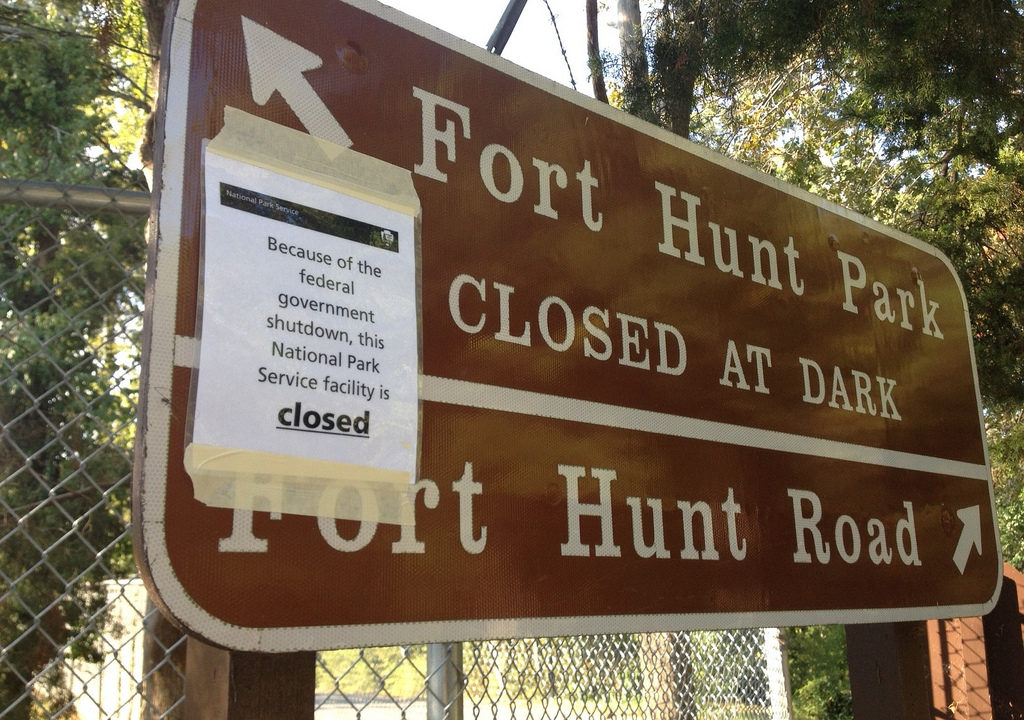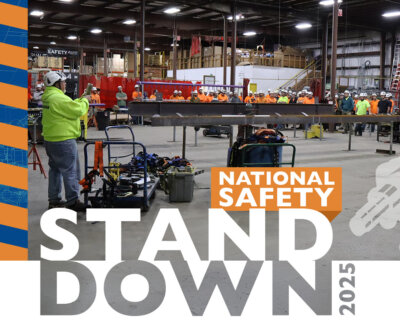
OSHA Works Through Government Shutdown
Unless you’ve been living in the back of a dark cave, you’re probably aware of the American government shutdown that has loomed over much of this past month. The shutdown furloughed nearly 400,000 workers.
Our friends at OSHA are no strangers to shutdowns keeping them home; there was a funding gap that affected the US Department of Labor as recently as last January, and DOL-related shutdowns date back as far as the Ford Administration in the 1970s. However, this latest 35-day shutdown actually didn’t affect OSHA at all. Despite the fact that the December ’18/January ’19 shutdown eventually became the longest in US history, DOL groups like OSHA remained unaffected. Around 800,000 federal employees were caught in the appropriation conflict, including non-essential members of the Department of Homeland Security and the EPA, but Labor employees weren’t among the collateral damage. As a result, OSHA has been operating regularly throughout the month.
January hasn’t exactly been a quiet month, either. OSHA raised its civil penalty fines, which it’s required to do every January thanks to the Federal Civil Penalties Inflation Adjustment Act Improvements Act of 2015. The fines were raised by 2.5 percent.
OSHA also announced that it would no longer require companies with more than 250 employees to file Form 300 & Form 301, both of which report employee injuries in some detail.
The agency is citing worker privacy as the chief reason behind the policy change.
“OSHA has determined that the rule will benefit worker privacy by preventing routine government collection of information that may be quite sensitive, including descriptions of workers’ injuries and the body parts affected, and thereby avoiding the risk that such information might be publicly disclosed under the Freedom of Information Act (FOIA) or through the Injury Tracking Application,” OSHA reported.
Companies will still need to track and retain injury filings internally, as well as submit a summary sheet (Form 300A) to OSHA. There is some pushback against the change.
Beyond administrative changes, OSHA has continued to enforce federal regulations and fines when necessary — including a moderately high-profile story involving the US Postal Service in California.





